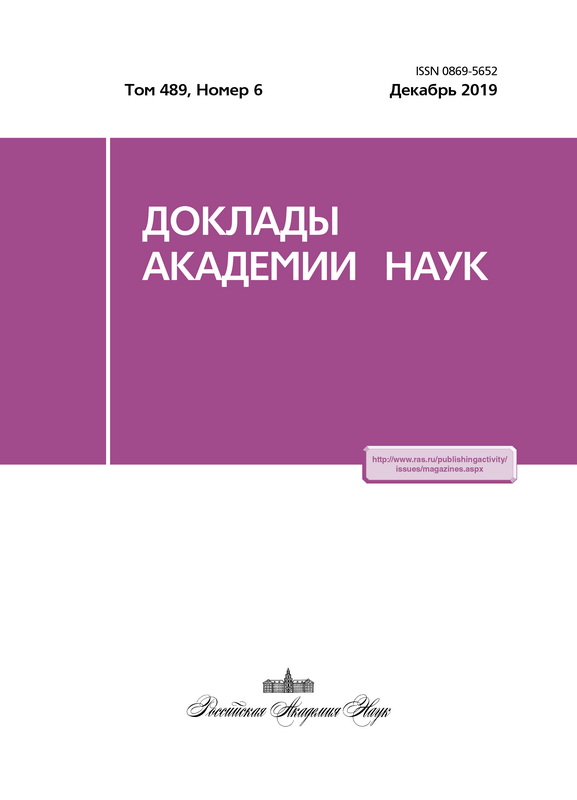Анализ реакции здоровых людей на длительный контакт с больными туберкулёзом
- Авторы: Литвинов И.С.1, Долгих Д.А.1
-
Учреждения:
- Институт биоорганической химии имени академиков М.М. Шемякина и Ю.А. Овчинникова Российской академии наук
- Выпуск: Том 488, № 3 (2019)
- Страницы: 342-344
- Раздел: Клеточная биология
- URL: https://journals.eco-vector.com/0869-5652/article/view/16278
- DOI: https://doi.org/10.31857/S0869-56524883342-344
- ID: 16278
Цитировать
Аннотация
Длительный контакт здорового человека с Mycobacterium tuberculosis меняет его формулу крови и клеточный иммунный статус, что отражает реакцию организма на воздействие постоянной антигенной нагрузки. Анализ изменений в крови медперсонала туберкулёзных клиник указывает на участие тех популяций клеток, которые предотвращают развитие болезни, в частности, CD4+ Т-клеток и активированных CD3+ Т-клеток, прямо связанных с защитой организма от туберкулёза. Проведена оценка зависимости количества специфичных к антигенам M.tuberculosis CD4+ Т-клеток памяти, продуцирующих интерферон-гамма, от стажа работы с больными. Обсуждается использование показателей крови медперсонала в качестве контроля для хронических больных туберкулёзом.
Ключевые слова
Об авторах
И. С. Литвинов
Институт биоорганической химии имени академиков М.М. Шемякина и Ю.А. Овчинникова Российской академии наук
Email: dolgikh@nmr.ru
Россия, 117997, Москва, ул. Миклухо-Маклая, 16/10
Д. А. Долгих
Институт биоорганической химии имени академиков М.М. Шемякина и Ю.А. Овчинникова Российской академии наук
Автор, ответственный за переписку.
Email: dolgikh@nmr.ru
Россия, 117997, Москва, ул. Миклухо-Маклая, 16/10
Список литературы
- van Crevel R., Ottenhoff T.H.M., van der Meer J.W.M. // Clin. Microbiol. Rev. 2002. V. 15. № 2. P. 294-315.
- Muller I., Cobbold S.P., Waldmann H., Kaufmann S.H. // Infect. Imm. 1987. V. 55. P. 2037-2041.
- Grotzke J.E., Lewinson D.M. // Microb. Infect. 2005. V. 7. № 4. P. 776-788.
- Lazarevic V., Flynn J. // Amer. J. Respir. Crit. Care Med. 2002. V. 166. № 8. P. 1116-1121.
- Kaufmann S.H. // Pros. Nat. Acad. Sci. USA. 1996. V. 93. P. 2272-2277.
- Burnet F.M. The Clonal Selection Theory of Acquired Immunity. Cambridge: Cambridge Univ. Press, 1959. IX + 209 p.
Дополнительные файлы







